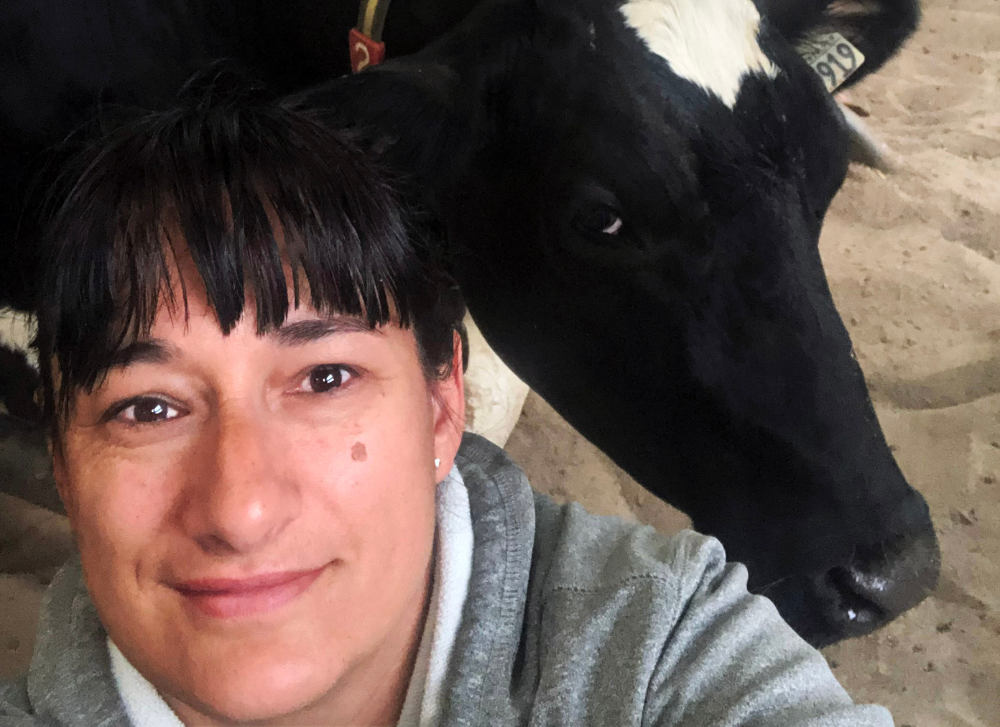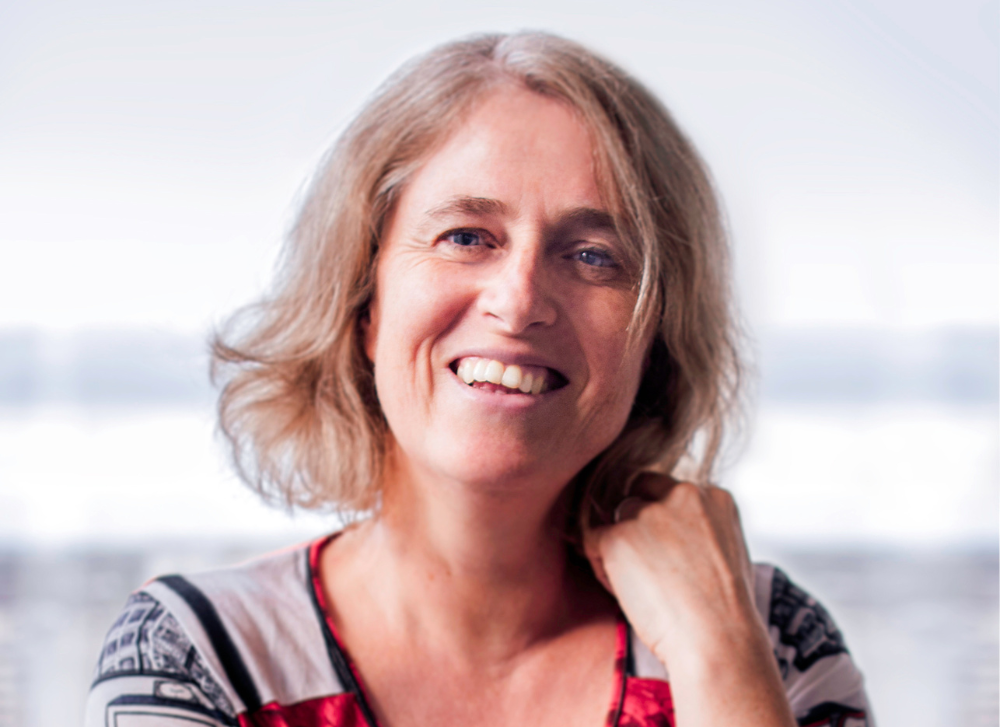Love of the land
It is said that human beings are influenced by the conditions in which they enter the world. It's undeniable, but some impress with their determination to defy their original destiny. Aisha Issa is the living embodiment of this. Born in Niger, in this Sahelian culture where only one girl in two goes to primary school and one in 50 to high school, the young Niameyan quickly sought to flourish intellectually. Better. She will choose an environment still mainly made up of men to achieve her ideal, which is to take advantage of her time on Earth to contribute to a better world.
Arriving at Laval University in 1992, Aisha, a girl from the desert thirsty for knowledge, earned a bachelor's degree in business administration, a master's degree in science - rural and agri-food economics and a doctorate in industrial engineering and mathematics. In her free time, to fully immerse herself in her new territory, the doctoral student took up cross-country skiing in Val-Jalbert Park and trekking in Jacques-Cartier National Park. We saw her thumbing between Quebec and Percé and learning about mountain biking. Dring! Dring! Watch out, Boys! I ride !
Faced with so much audacity and adaptability, who will be surprised that in 2021, she was appointed general director of the Institut de Technologie Agroalimentaire du Québec (ITAQ). The multi-graduate had left her mark wherever she went. She has, among other things, held the positions of general director of the Council of Biofood Industries of the Island of Montreal, then responsible for the entire province of venture capital for the agri-food industry within the Société Générale de Financement du Québec. . Not to mention that she was president of Nutrisco and Valhorizon, a firm specializing in data development in the areas of residual materials management, energy efficiency, eco-design and sustainable development.
With campuses at La Pocatière and to Saint-Hyacinthe , ITAQ is the only institute dedicated to the agri-food industry in Quebec. Aisha Issa manages the flagship which, with some 300 people on deck, receives 1,000 students per year, in addition to welcoming nearly 2,000 participants in continuing education activities. But the mission entrusted to him by the CAQ government is even broader. In addition to the smooth running of the food processing laboratories, farms and factory schools, the director must ensure the implementation of the training component of the Sustainable agriculture plan 2020-2030 .
“The Institute conducts research, carries out knowledge transfer activities and establishes agroecological practices to improve soil health and adapt the sector to the environmental and climate emergency. » Ms. Issa believes that it is essential to rethink the mode of industrial production which has had harmful effects. “We must launch and implement a cultural change through training. We must support the next generation who are struggling to find the capital to get started. It is also urgent that agri-food companies take a real digital shift by making full use of the data they often have without knowing it. »
The general director is exploring other models to allow a plurality of productions and modify ways of working. Even professionals in architecture and engineering are called upon to carry out investment projects in both production and processing. She also began a return to the international scene. She has just returned from Europe where a framework agreement has just been signed with the French Ministry of Agriculture and Food Sovereignty. The ITAQ is also developing relations with French-speaking African countries and has even made a small foray into South America.
But, in fact, why on earth did Aisha Issa choose to follow the agri-food trail? This is because, you see, the date never falls far from the palm tree. As a child, she remembers her grandmother's herd of zebu that she took to pasture during her vacations in the village. Aisha also did not forget that even in the capital where she lived, her parents had sheep and a few chickens that she plucked for the Sunday meal.
And then, we won't hide it. While working on the agropastoral issue in the Horn of Africa, his father, an economist for the African Development Bank, sowed a small seed. A seed that the simoun, this burning desert wind, carried to the blizzard that blows across our territory. The Nigerian found the soil there so fertile that she took root there to the point of becoming a native Quebecer, adopting the accent and starting a family there. It almost went without saying. “After all,” she said, “with their extreme climates, the two countries are similar! »






